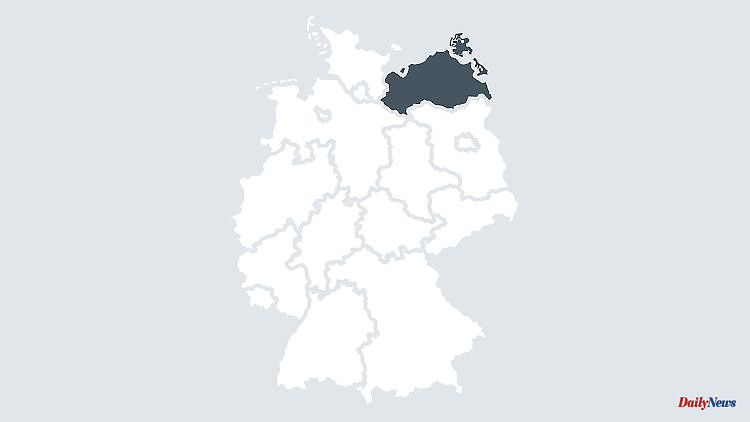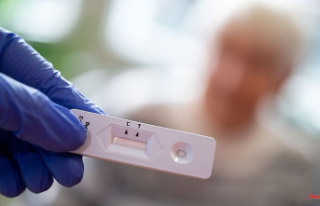When it comes to LNG, the main focus at the moment is on the large terminals that Germany is building or planning. Another LNG project has now started on Rügen. It's about truck fuel.
Sassnitz (dpa/mv) - Liquefied natural gas (LNG) was reloaded from a ship directly onto trucks on Rügen for the first time on Wednesday. The company Avenir LNG announced on Wednesday that it was the first such transshipment in Germany. The cooled fuel reloaded from the "Avenir Ascension" in the port of Mukran in the north of Rügen is to be delivered to European truck filling stations. The German market for truck LNG is one of the largest in Europe and is not served by the recently built LNG terminals. According to Avenir LNG, there are around 160 filling stations in Germany. Bio-LNG from biogas plants is also becoming an issue.
According to the information, the handling in Mukran serves as a pilot project and is intended to demonstrate the handling of LNG without a large special infrastructure. All in all, the "Avenir Ascension" was to be in the port of Mukran for three days. The LNG is transferred directly from the tanker to the tank truck via a line. Such a transshipment can be started much more quickly and flexibly than with large LNG terminals.
LNG has been an important topic in Germany since the start of the war in Ukraine a year ago, because the liquefied natural gas, which is delivered by ship, is intended to replace the missing Russian pipeline natural gas. To this end, Germany is pushing ahead with the expansion of special terminals. Such a terminal is also planned off the island of Rügen, which is causing resentment in the region. In such large terminals, however, in contrast to the project in Mukran, the LNG is converted back into the gaseous state and fed into the gas network. It is also about larger capacities.












